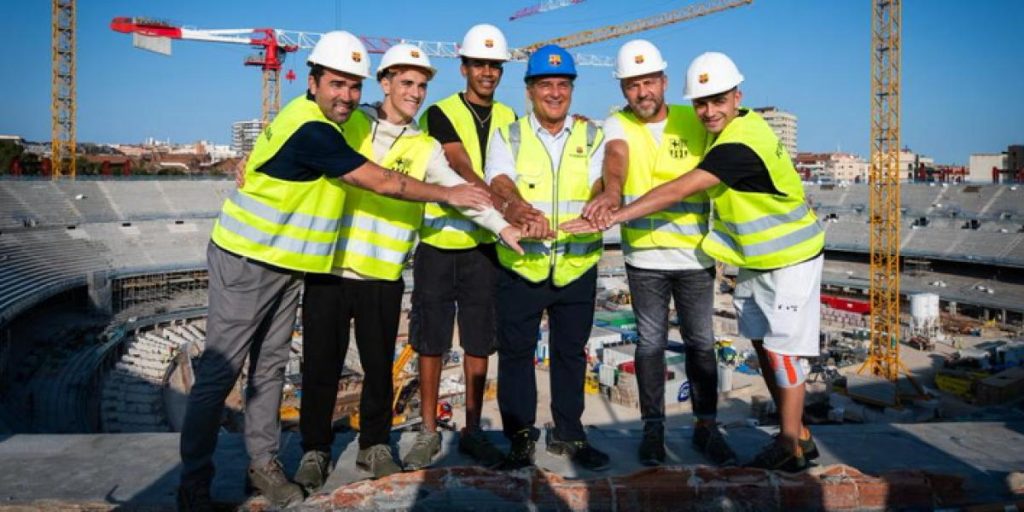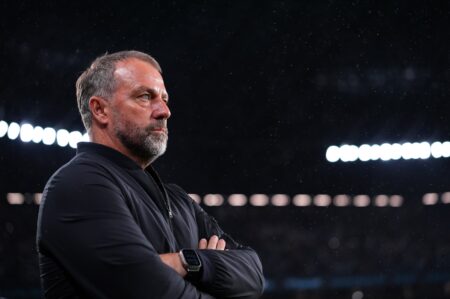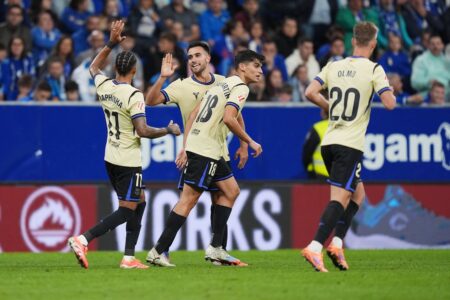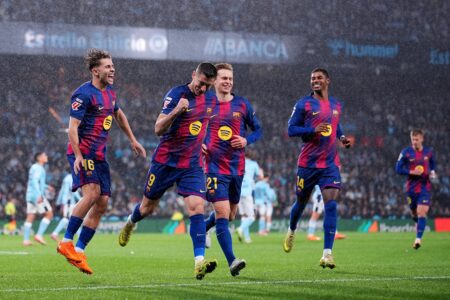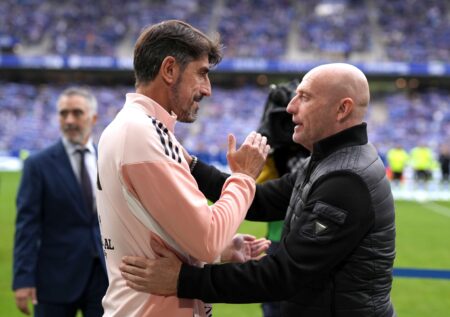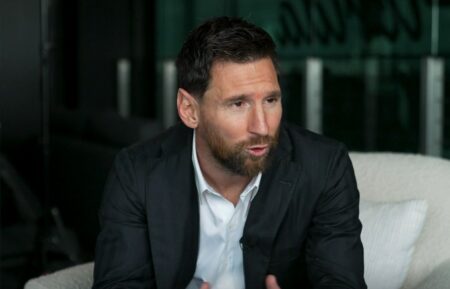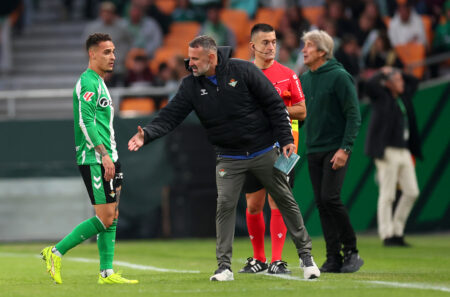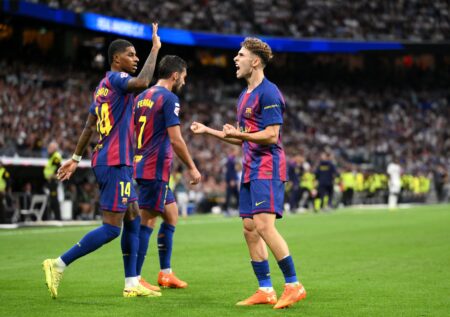Initial Setbacks and Growing Concerns
Barcelona’s ambitious plans to return to their iconic home, Camp Nou, have faced a series of setbacks, causing significant concern among the club’s leadership and fans. Initially, the club had set a return date of November 2024, which was then pushed back to February 2025. Most recently, Institutional Vice-President Elena Fort offered a glimmer of hope, stating that the club aimed to be back and operational for 60,000 fans before the end of the 2024-2025 season. However, the current state of the construction works and fresh reports suggest that this timeline might be overly optimistic. The club’s budget, which included a return to Camp Nou by mid-season, is now under scrutiny as delays mount.
The Latest Reports and Timeline Shifts
This week, Beteve (via MD) has brought to light even more worrying information about Barcelona’s return date. According to their sources, service providers for the stadium operations have been informed that normal operations at the Spotify Camp Nou are not expected to resume until the end of November 2025—a full year after the club’s initial target. This news is particularly disheartening as it means the entire 2024-2025 season, including Barcelona’s 125th anniversary year, will be played at the Estadi Olimpic Lluis Companys in Montjuic. The discrepancy between the club’s public statements and the reality on the ground is raising questions about the feasibility of the project and the transparency of the club’s communication.
Financial Implications of the Delay
The delay in returning to Camp Nou will have profound financial implications for Barcelona. While the Estadi Olimpic Lluis Companys can accommodate up to 55,000 fans, just five fewer than the initial capacity of Camp Nou, the difference in matchday revenue is significant. Camp Nou, with its larger seating capacity and comprehensive facilities, generates substantially more income through ticket sales, concessions, and merchandise. The club’s finances, already under pressure, will feel the strain of losing out on this potential revenue, which could affect their ability to invest in the team and infrastructure. President Joan Laporta and Director of Football Deco are acutely aware of these challenges and the need to find alternative revenue streams to mitigate the impact.
The Atmosphere at Montjuic
One of the most critical aspects of any football match is the atmosphere created by the fans, and the Estadi Olimpic Lluis Companys has not been able to replicate the electric energy of Camp Nou. The temporary venue’s atmosphere has been described as "cold," a stark contrast to the passionate and vibrant environment that Barcelona’s home stadium is known for. The club’s efforts to improve the situation, such as banning the singing section due to anti-Laporta chants, have only exacerbated the problem. Additionally, the high ticket prices, which have been increased to levels that only the wealthy and occasional tourists can afford, have further distanced the fans from the on-field action. This has not only affected the overall experience but also the team’s performance, as the players rely on the support of a fervent and engaged fanbase.
Impact on Team Morale and Performance
The lack of a home ground advantage and the diminished fan engagement at Montjuic are taking a toll on the team’s morale and performance. Players are acutely aware of the importance of home support, and the absence of a raucous crowd can be demotivating. The cold, sometimes empty stands have not provided the same level of encouragement and motivation that the players are accustomed to receiving at Camp Nou. This could have long-term effects on the team’s dynamics and results, particularly in crucial matches where home advantage can often make the difference. The club’s management is under increasing pressure to find ways to boost team morale and maintain performance levels despite the challenging circumstances.
透明度問題和未來展望
Transparency Issues and Future Outlook
The ongoing delays and the club’s repeated public statements that have not aligned with the reality on the ground have raised serious questions about transparency. Supporters and stakeholders are growing increasingly frustrated with the lack of clear and consistent communication from the club’s leadership. President Laporta and his team must address these concerns head-on to rebuild trust and confidence among the fanbase. Moving forward, the club will need to adopt a more realistic and transparent approach to project timelines and financial projections. The hope is that with better planning and communication, Barcelona can navigate these challenges and return to their beloved Camp Nou as soon as possible, ensuring that the 125th anniversary celebrations and future matches are not overshadowed by the current difficulties.

